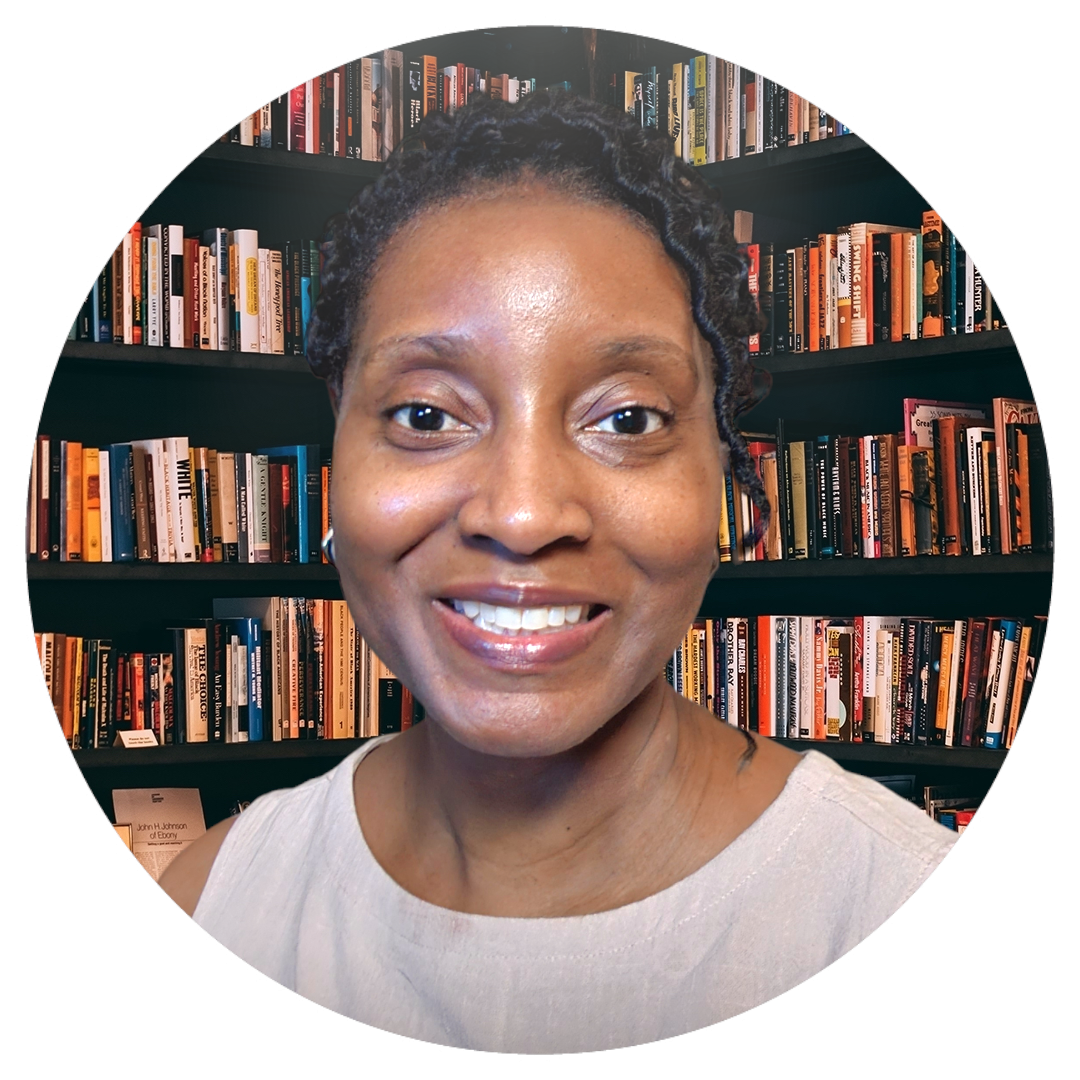*Editor’s Note: The “Views from NAU” blog series highlights the thoughts of different people affiliated with NAU, including faculty members sharing opinions or research in their areas of expertise. The views expressed reflect the authors’ own personal perspectives.
 By Wendy Rountree
By Wendy Rountree
Professor in the Department of Ethnic Studies
Rountree is currently professor and director of ethnic studies at Northern Arizona University. Her expertise is in 20th-century American literature, ethnic American literature (emphasis African American literature) and 20th-century ethnic American drama.
“If you know whence you came, there is really no limit to where you can go.” James Baldwin
The general purpose of Black History Month is to acknowledge and celebrate the many artistic, cultural, scientific and socio-political contributions that African Americans have made to the United States and the recognition of the African Americans who have made those contributions. Martin Luther King Jr., Zora Neale Hurston, Jackie Robinson, W.E.B. DuBois, Toni Morrison, Ida B. Wells, Arthur Ashe, Walter Payton, Malcolm X, Harriet Tubman, Kendrick Lamar, Aretha Franklin, J. Cole, Dr. Mae Jemison, Mahalia Jackson, Serena Williams, James Brown, Beyonce, Katherine Goble Johnson, Run DMC, Charles Drew, Frederick Douglass, Michael Jordan, Jacqueline Woodson, Tupac Shakur, George Washington Carver, Coco Gauff–the list can go on and on.
This piece begins with a quote from James Baldwin that greatly resonates with me at this moment as we observe Black History Month 2024. The past, our history(ies), is not something to fear but to learn from and to be inspired by. My own research in African American culture and literature primarily focuses on African American women’s literature and African American children’s and young adult literature. Why? Because I saw, I felt a need.
My research is influenced by my personal and group history. Growing up in the American South, I was a voracious reader. I loved bookstores and visited the public library frequently. I consumed popular book series like “The Bobbsey Twins” and “The Baby-Sitter’s Club” as well as Newbery Medal Winners like “Charlotte’s Web.” My favorite writers were Beverly Cleary and Judy Blume. These books and writers influenced the way I saw the world and told me that there were many stories to tell. They motivated me to write my own. I realized words are powerful. However, over time I struggled to find children’s and young adult literature with African American protagonists and that explored the African American experience.
It was only while conducting my dissertation research that I learned about authors like Rosa Guy and Mildred Pitts Walter who had been publishing since my childhood. I began asking myself questions: Why did I not know about them? Why had I not been taught who they were? It was then I realized where I could make my contribution, where I could help fill a void. I wanted to help ensure that African American children and young adults could have easier access to texts that validate their lived experiences and that offer limitless inspiration. Representation matters. Visibility matters. For example, my books “Just Us Girls” and “The Boys Club” sought to increase scholarship in African American children’s and young adult literature and to expand the literary canon. In doing so, I amplified the voices of then lesser-known authors, exposing their texts to a wider variety of people—parents, educators and fellow scholars alike. My current scholarship continues along the same path.
I have indeed learned that words are powerful. We use them to educate and to entertain. We use them to offer encouragement or despair. We can use them to create new worlds and investigate old ones. Ultimately, we can use them to ignite our imaginations, especially those of our young people.




